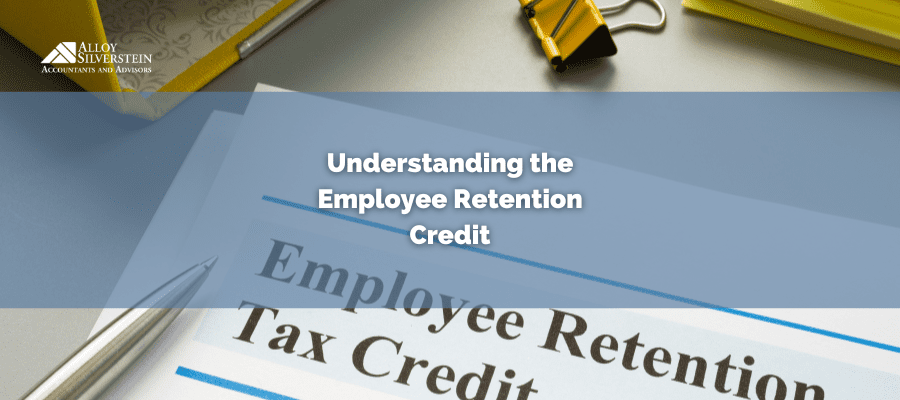
The IRS has issued a renewed warning on Employee Retention Credit (ERC) claims. In recent months, promoters and other third parties have continuously pushed ineligible taxpayers to file for the Employee Retention Credit even when they are not properly qualified. This is not only an inconvenience for the IRS, but it qualifies as tax fraud for those who are ineligible yet still claim the credit.
To be sure that you do not improperly claim the ERC, here is what you need to know about the Employee Retention credit.
The Employee Retention Credit (ERC) is a refundable tax credit for businesses that continued to pay employees while shut down due to the COVID-19 pandemic or had significant declines in gross receipts from March 13, 2020 through Dec. 31, 2021. Eligible employers were able to claim it on an original or adjusted employment tax return for a period within those dates.
Returns can be amended within a three-year window, so while the original period has sunset, there is still an opportunity for eligible employers who have not yet claimed the ERC. If you wait too long, especially for returns filed by April 30, 2020, you may miss out on a potential refund. However, these promoters are using this sense of urgency to their advantage. Even with a quickly approaching deadline, you should still make sure you partner with a trusted and knowledgeable provider.
While there are many promoters claiming that your business is eligible to claim the ERC, there are restrictions that may disqualify you. Make sure that you are aware of these qualifications to prevent tax fraud. To qualify for the ERC, your business must have:
Only recovery businesses are eligible to claim this tax credit in the fourth quarter of 2021. Another restriction is that, regardless of your eligibility, you cannot claim the ERC on wages that were reported as payroll costs in obtaining PPP loan forgiveness or that were used to claim certain other tax credits. This is considered “double-dipping” and will be considered tax fraud. Many promoters are not looking into these sorts of details. They will take your money upfront and let you deal with the consequences of being audited on your own.
Be sure that you 100 percent qualify before amending returns to claim the ERC. If you are unsure if your business qualifies for the Employee Retention Credit, contact an Alloy Silverstein advisor.
Depending on your business and when your wages qualified for the Employee Retention Credit, there are different forms and procedures you must follow. For specific information that pertains to your qualified pay period, visit the IRS’s website or IRS’s Employee Retention Credit.
Properly claiming the Employee Retention Credit can be very beneficial for your business, but detrimental if done incorrectly. If you are unsure if your business truly qualifies the ERC or have any questions regarding its effect on your business, contact an Alloy Silverstein advisor today.
Empowering business owners and individuals in South Jersey and Philadelphia to feel confident through proactive accounting and advisory solutions.